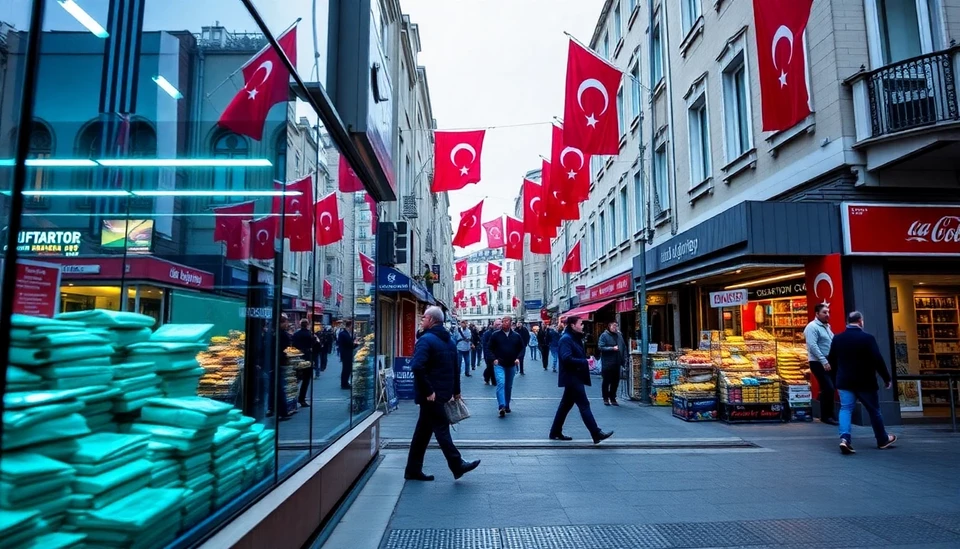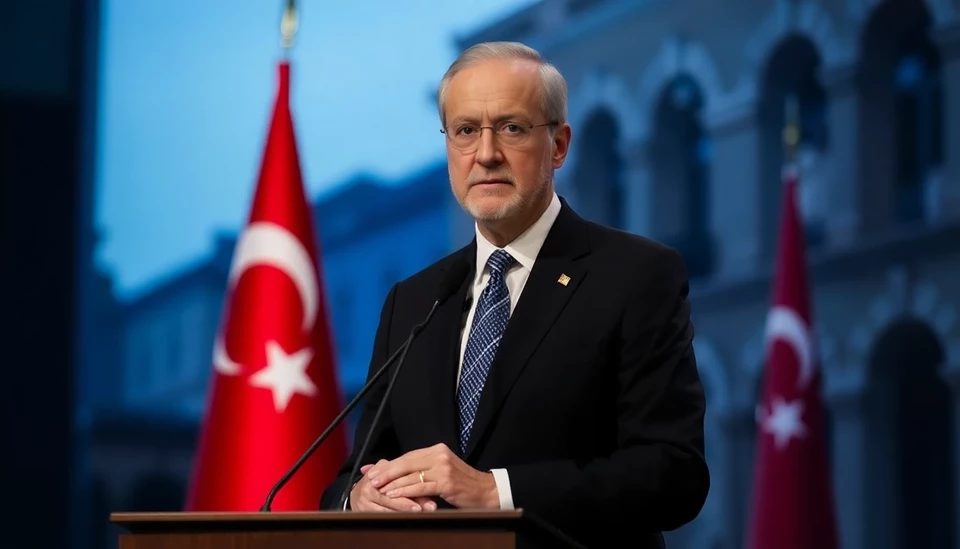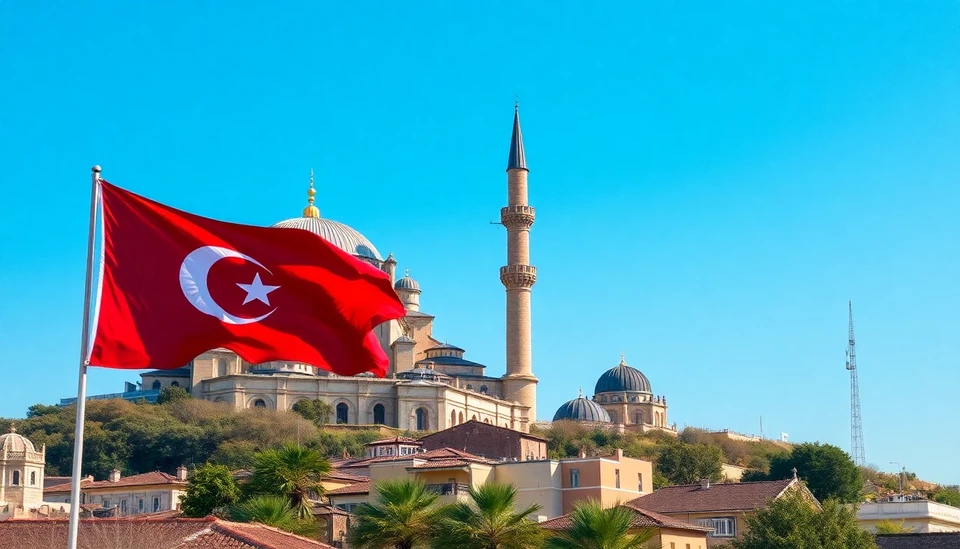
Turkey's economy is navigating a challenging landscape, revealing modest growth figures as the nation grapples with high interest rates. Recent data indicates that the economic expansion was limited in 2023, despite a slight improvement in the third quarter. Analysts cite the pressures from the government's efforts to keep inflation in check, which is integral to President Recep Tayyip Erdoğan’s economic strategy.
According to the latest reports, Turkey's gross domestic product (GDP) increased by only 0.8% in the third quarter compared to the same period in the previous year. This growth is notably lower than what was initially expected, raising concerns about the sustainability of Turkey's economy in the face of stringent monetary policies aimed at reining in hyperinflation.
Since the end of 2022, Turkey has remained in a cycle of elevated interest rates. The central bank has opted for a tight monetary stance, boosting rates multiple times to combat inflation, which, even with governmental interventions, remains stubbornly high. The current interest rate stands at around 30%, a drastic measure that reflects the urgent need to stabilize the economy.
Erdoğan's administration has faced significant backlash due to these soaring prices and interest rates, with many citizens feeling the pinch. Key sectors such as construction and manufacturing have been particularly affected by these financial constraints, contributing to the slow growth rate. Consumer sentiment has also been impacted, showing signs of decreasing confidence among households, which could further hinder domestic consumption—a vital component for economic recovery.
The government’s recent shift towards a strategy of fiscal discipline, while aiming to attract foreign investments, has been met with skepticism. Investors are wary of Turkey’s volatile economy, which has seen a rollercoaster ride over the past few years due to political instability, external economic pressures, and shifts in global markets.
Economists forecast that while some progress may be observed in the coming quarters, robust recovery is unlikely without significant changes in policies and macroeconomic stability. The Turkish authorities have announced plans to boost investment in critical sectors, yet implementation remains a key challenge amid the ongoing high-interest rate environment and geopolitical tensions that could further compound economic woes.
In summary, Turkey finds itself at a crossroads, with authorities facing the complex task of fostering growth while managing inflation and upholding confidence among both locals and foreign investors. The pursuit of economic recovery will require careful navigation of these multifaceted challenges in the months ahead.
#TurkeyEconomy #Inflation #InterestRates #EconomicGrowth #PresidentErdogan #MonetaryPolicy #Investment #GDP #TurkishEconomy
Author: Daniel Foster




